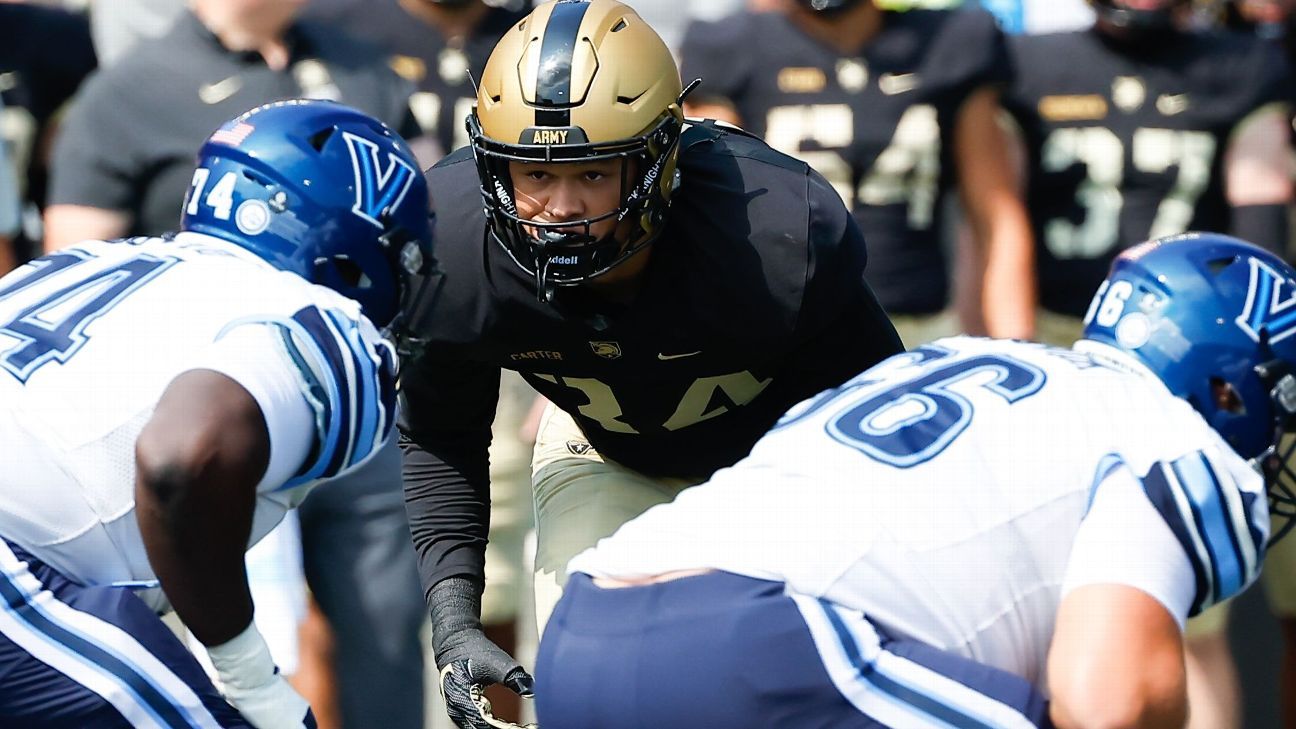This is an interesting item: "Department of Defense instituted a new policy that allows any service academy athlete to request a deferment of their required military service until the end of their professional playing days."
I have trouble seeing a 30 year old millionaire come into the Army as a Lt. Does the DoD really expect following through on this?
Personally, I don't care for the policy. Athletes should serve their commitment like everyone else, which they knew of when they committed to attend. Plus, this isn't offered to non-athletes. I know it'd be rare but the academy could have someone who is a great singer, gets noticed, offered a recording contract and opportunity for a worldwide tour. Or maybe a cadet develops a patent and wants to create a start up for it to get it off the ground.

